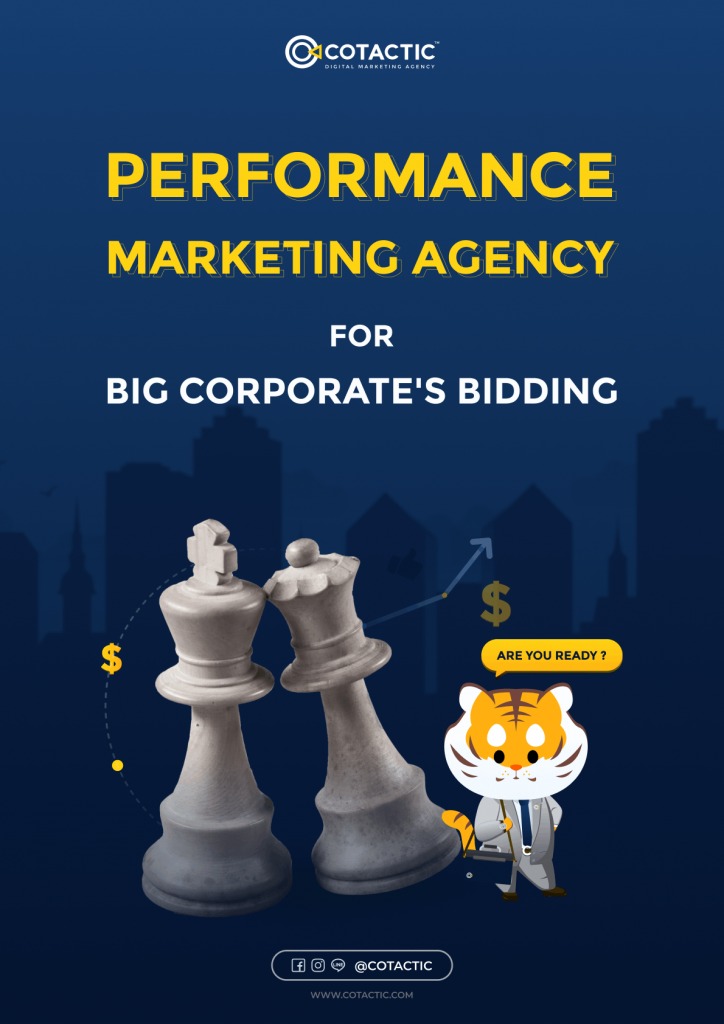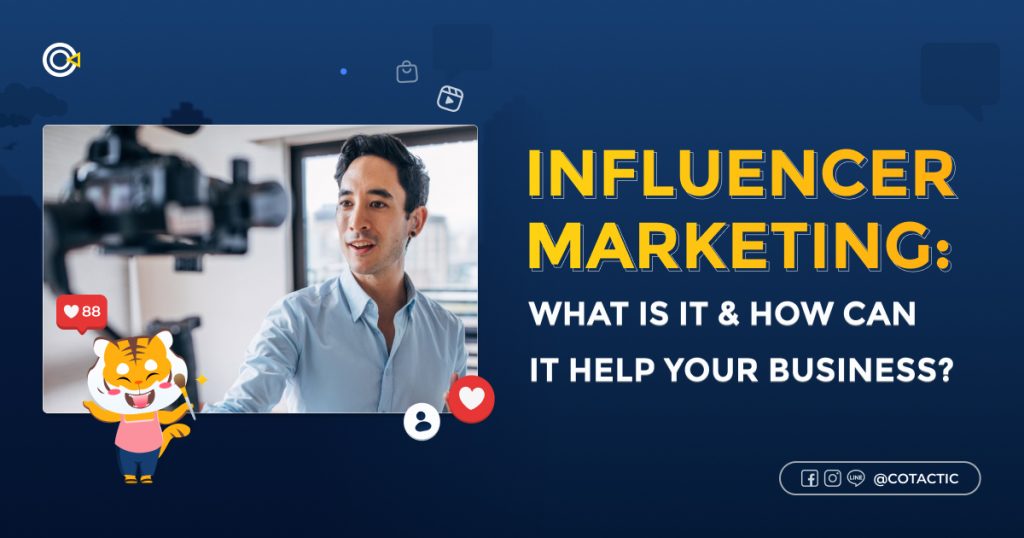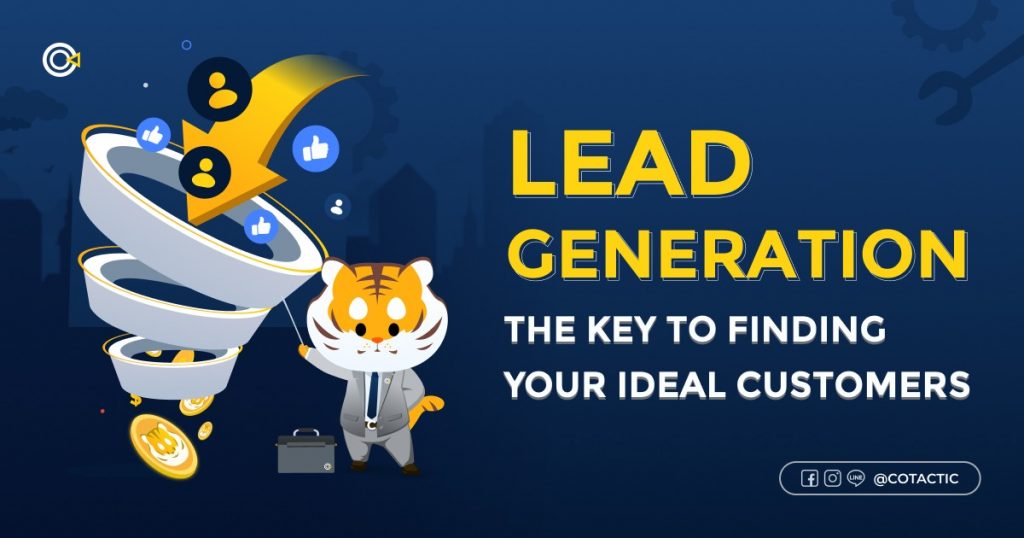In this article, we’ll discuss various aspects of content marketing and provide practical advice for businesses. We’ll cover different types of content marketing, how it can help businesses, content marketing strategy tips, and the benefits of content marketing.
Let’s get started on writing an informative and engaging article about content marketing!
What is Content Marketing?
Content Marketing is a strategic approach to marketing that focuses on creating and distributing valuable, relevant, and consistent content to attract and retain a clearly defined audience. It aims to drive profitable customer action by providing useful information and building trust with potential customers.
To elaborate further, content marketing involves developing and sharing content such as blog posts, articles, videos, social media posts, and more. The content is designed to engage the target audience, provide value, and establish the brand as an authority in its industry.
By consistently delivering high-quality content that addresses the needs and interests of the target audience, businesses can build brand awareness, establish credibility, and foster long-term relationships with customers. Content marketing is not limited to promoting products or services directly; it focuses on providing value and building trust with the audience.
Types of Content Marketing
In the realm of Content Marketing, there are various types that marketers can use to engage their audience and make a statement. Some of these types include:
1. Sales & Promotion Content

Sales and promotion content is designed to directly promote a product or service. It includes product descriptions, sales pages, promotional emails, and advertisements. The goal is to persuade customers to make a purchase or take a specific action.
2. Branding Content

Branding content focuses on building brand awareness and shaping the perception of a brand. It includes brand stories, mission statements, brand values, and visual branding elements such as logos and color schemes. The goal is to create a strong brand identity that resonates with the target audience.
3. Educational Content

Educational content aims to provide valuable information and insights to the target audience. It includes how-to guides, tutorials, industry reports, whitepapers, and informative blog posts. The goal is to position the brand as an authority in the industry and establish trust with potential customers.
4. Real-time Content

Real-time content refers to timely and relevant content that addresses current events or trends. It includes news articles, blog posts, social media updates, and live streams. The goal is to engage the audience in real-time conversations and provide up-to-date information.
5. Q&A Content

Q&A content involves answering frequently asked questions or addressing common pain points of the target audience. It includes FAQ pages, customer support articles, video tutorials, and webinars. The goal is to provide solutions to customer problems and establish the brand as a helpful resource.
How Content Marketing Can Help Businesses
Content marketing can benefit businesses in several ways:
Customer Problem
Content marketing helps businesses identify their target audience’s pain points and challenges.
Customer Try to find Solution
Businesses can create content that provides solutions to these problems and position themselves as experts in their industry.
Customer do comparison
By offering valuable information and insights, businesses can influence customers’ decision-making process when comparing different products or services.
Purchase Order
Content marketing can also help businesses drive conversions by guiding customers through the purchase process with persuasive content.

Real-Life Examples of Successful Content Marketing Campaigns
Here are a few real-life examples of successful content marketing campaigns:
- Red Bull: Red Bull is known for its extreme sports content, which helps the company attract and retain a target audience of young, active people. Red Bull also creates educational content about extreme sports, which helps the company position itself as an expert in the field.
- HubSpot: HubSpot is a marketing software company that is known for its educational content. HubSpot creates blog posts, e-books, and webinars that teach businesses about marketing best practices. This content helps HubSpot attract and retain customers, as well as position itself as an expert in the field of marketing.
- Neil Patel: Neil Patel is a digital marketing expert who is known for his creative and informative content. Patel creates blog posts, videos, and podcasts that teach businesses about digital marketing best practices. This content helps Patel attract and retain customers, as well as position himself as an expert in the field of digital marketing.
Content Marketing Strategy Tips
To create an effective content marketing strategy, consider the following tips:
1. Search and find Target audience
Identify your target audience’s demographics, interests, needs, and preferences through market research and data analysis.
2. Guideline by using method 5W1H
Define your content marketing goals by asking yourself the following questions: Who is your target audience? What are their needs? Where do they consume content? When should you publish content? Why should they choose your brand? How will you measure success?

source: Safety Culture
- What: The “what” element should clearly describe the situation, the specific problem, or basically explain the purpose of the method usage. If possible, it should also state the overall goal for implementing the solution that would be identified.
- Who: The “who” element refers to the specific people or group relevant to the issue or situation. It should include the person who discovered the problem, who can possibly solve it, and who will be responsible for implementing the possible solution.
- Where: The “where” element should contain the exact location or position of the recognized issue. It can be a place, facility, or even a certain process where the solution is to be implemented.
- When: When: The “when” element should include all relevant dates and times related to the problem. This could include the start date, end date, deadline, duration, or any other important dates.
- Why: It explains in detail the need for action or why the 5W1H method is necessary. The root cause of the situation can be discovered by asking “why” five times. This approach is called the 5 Whys analysis.
- How: “How,” as the last element of the method, specifies the steps on how the identified plan(s) should be carried out.
3. Create Content Marketing Plan
Develop a comprehensive plan that outlines your content creation process, distribution channels, promotion strategies, and key performance indicators (KPIs).

Measure the Effectiveness of Content
Regularly analyze your content’s performance using analytics tools to measure its impact on website traffic, engagement metrics, lead generation, conversions, and other relevant KPIs.
Keep Doing New Things
Stay updated with industry trends and experiment with new content formats, platforms, and distribution channels to keep your content fresh and engaging.
Benefits of Content Marketing
A good content marketing strategy can offer several benefits for businesses:
1. Increase Brand Awareness
By consistently creating valuable content that resonates with your target audience, you can increase brand visibility and awareness.

2. Boost SEO Ranking and Organic Traffic
High-quality content optimized for relevant keywords improves your website’s search ranking and attracts organic traffic.
3. Drive Social Media Engagement
Compelling content drives social media engagement, such as likes, comments, shares, and retweets. This engagement helps you build an active online community around your brand, which can lead to increased sales and customer loyalty.
4. Influence Purchase Decision
Informative content that solves customer problems can influence their purchasing decisions by establishing your brand as a thought leader in the field.

Conclusion
Content marketing is indeed an essential strategy for businesses of all sizes looking to attract and retain customers in today’s digital world. Cotactic Digital Marketing Agency understands the importance of creating valuable content that addresses customer needs and pain points. This approach allows businesses to establish themselves as industry leaders and drive profitable customer action.
Implementing a robust Content Marketing strategy can help your business increase brand awareness, boost SEO rankings, engage with your target audience, and drive profitable customer action. Contact Cotactic Media today to learn more about how we can help you achieve your marketing goals!







